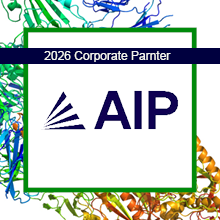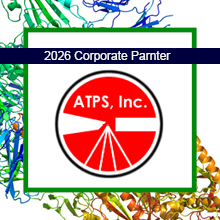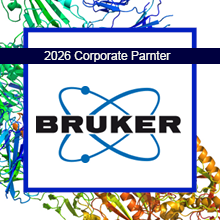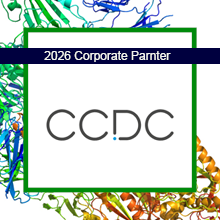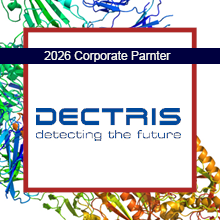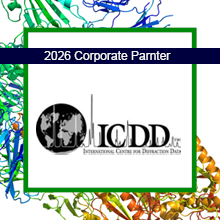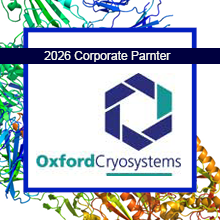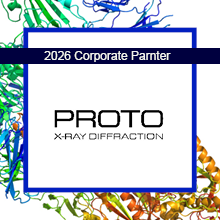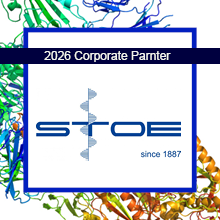Book Reviews Winter
Each quarter, we feature a new collection of book reviews covering a wide range of topics—some thought-provoking, some purely for enjoyment, and all well worth your time. This small but mighty selection is designed to spark curiosity and may even inspire your next visit to the library or bookstore. We are grateful to Jeanette S. Ferrara, MFA, who contributed all of this quarter’s reviews.
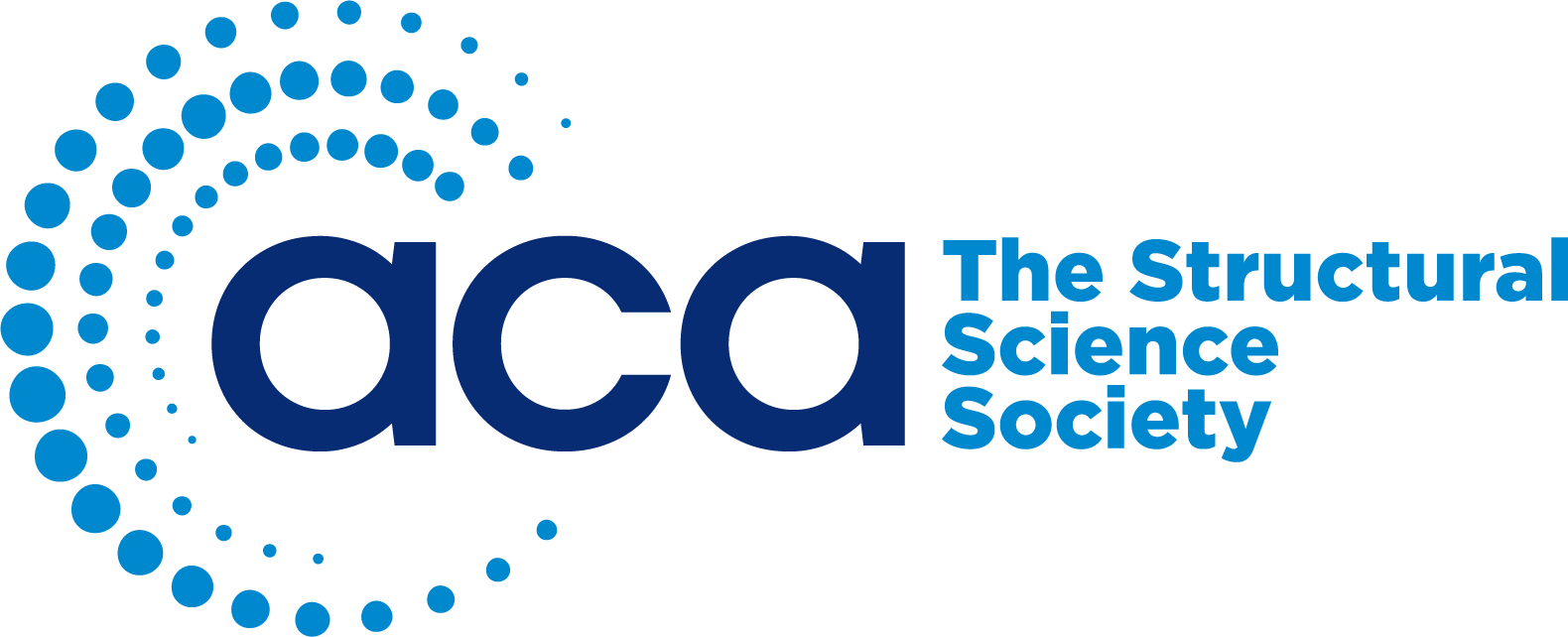
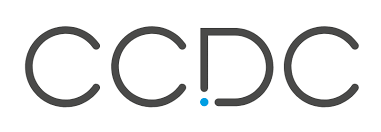 CSD Communications is a way to share small molecule crystal structures directly in the Cambridge Structural Database (CSD) without requiring an associated scientific publication.
CSD Communications is a way to share small molecule crystal structures directly in the Cambridge Structural Database (CSD) without requiring an associated scientific publication.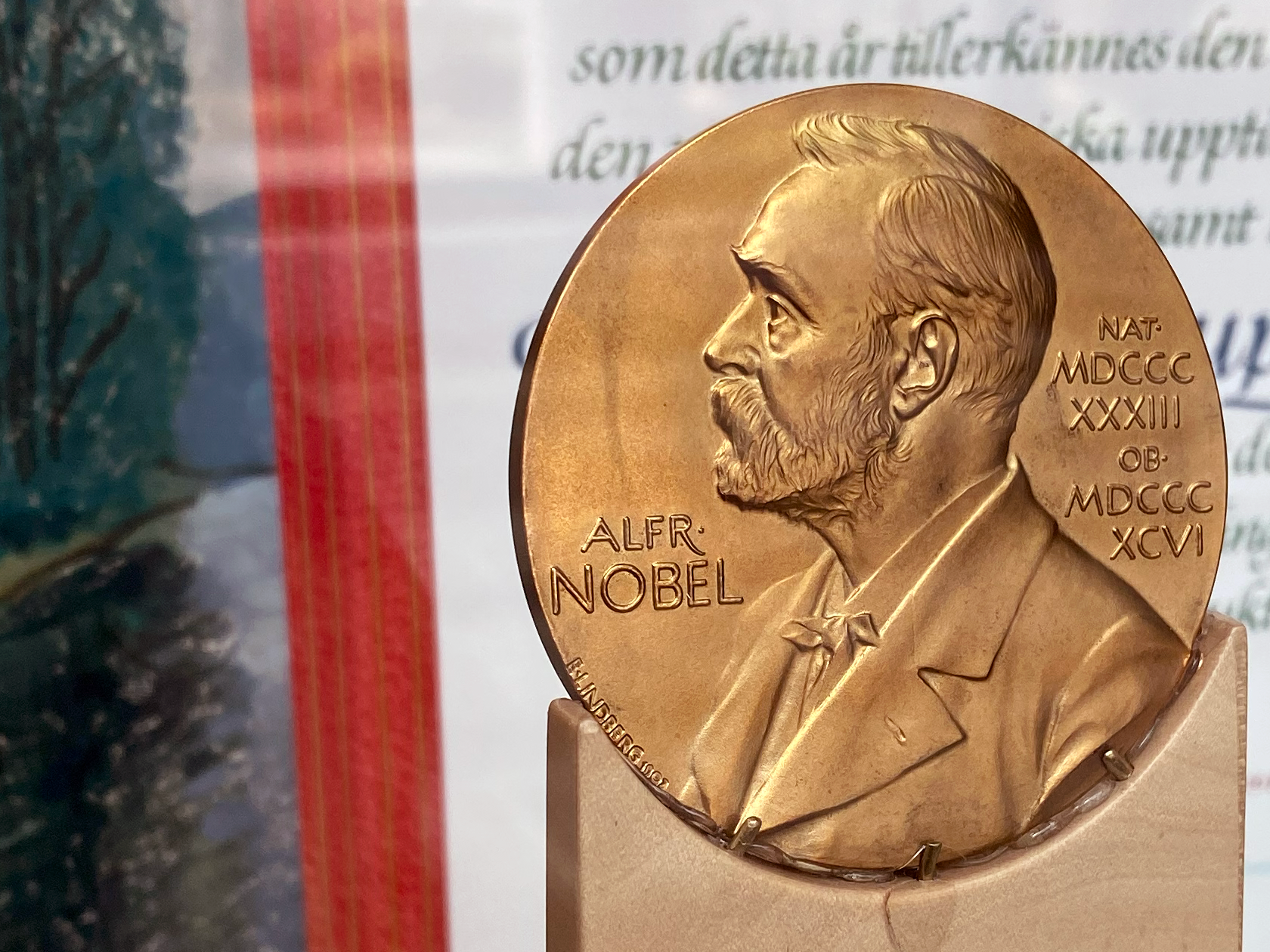 The
The 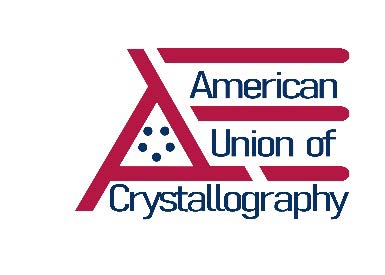 The U.S. crystallographic community is undergoing a critical transformation. Since 2018, when the National Science Foundation (NSF) designated crystallography a “mature” field and ceased direct support for the U.S. National Committee for Crystallography (USNC/Cr), the committee has been sustained by private donations, a single NIST grant, and careful budgeting. This patchwork funding model, however, has proven unsustainable. For example, NAS is paid for its services and has not kept pace with basic USNC/Cr management responsibilities, such as updating committee appointments, maintaining its public website or interacting with IUCr.
The U.S. crystallographic community is undergoing a critical transformation. Since 2018, when the National Science Foundation (NSF) designated crystallography a “mature” field and ceased direct support for the U.S. National Committee for Crystallography (USNC/Cr), the committee has been sustained by private donations, a single NIST grant, and careful budgeting. This patchwork funding model, however, has proven unsustainable. For example, NAS is paid for its services and has not kept pace with basic USNC/Cr management responsibilities, such as updating committee appointments, maintaining its public website or interacting with IUCr.
